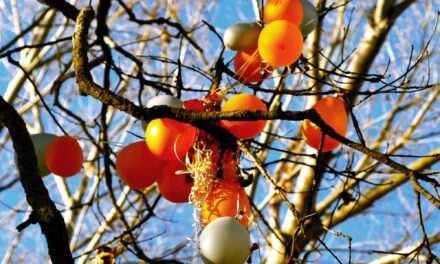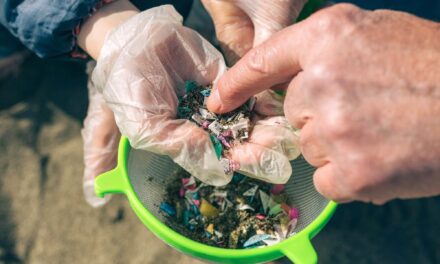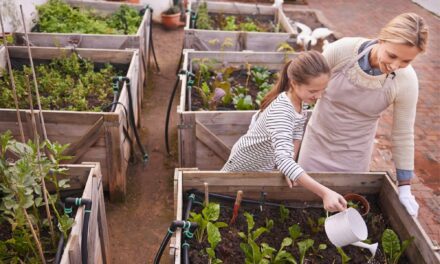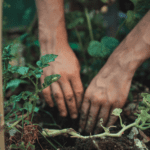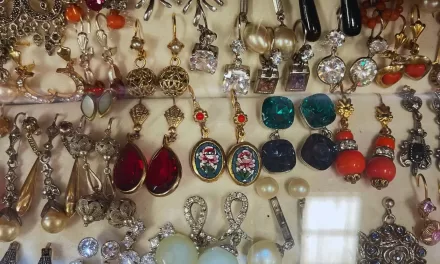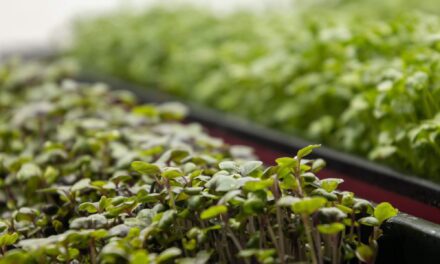
Eco-Friendly Brews: Shop Sustainable Coffee


In This Article
As a coffee lover, I understand the significance of selecting eco-friendly beverages that protect our planet. Sustainable coffee tastes wonderful and supports environmentally beneficial activities, leading to a better earth.
The worldwide coffee business is undergoing a significant transformation in 2024, with world coffee production for the 2023/24 season expected to exceed 171.4 million bags (60 kg). This prediction represents a huge rise of 6.9 million bags over the previous year. The increase in production is mostly driven by increased output in key coffee-producing countries such as Brazil, Colombia, and Ethiopia, successfully compensating for a decline in production reported in Indonesia.
Furthermore, worldwide coffee bean exports are expected to increase by 8.4 million bags to 119.9 million, boosted primarily by solid shipments from Brazil. Despite this changing landscape, it is critical to emphasize the importance of sustainable and eco-friendly practices in the sector, ensuring that growth is connected with environmental responsibility in the present year and beyond.

What is Sustainable coffee?
Environmentally conscious coffee is coffee that is produced using environmentally friendly practices. It’s coffee that was grown and harvested with minimal environmental impact, supporting biodiversity and safeguarding the ecosystem.
Sustainable coffee is also carbon-neutral, which means that the carbon footprint of its production is offset by carbon sequestration projects. In other words, sustainable coffee has a zero-carbon footprint.
By choosing sustainable coffee, you may have a delicious cup of coffee while lowering your environmental impact.
Benefits of Ethically Made Coffee


When I choose to drink sustainable coffee, I know I’m making a difference in the world. Sustainable coffee not only tastes great, but it also promotes fair trade, organic cultivation, and ethical bean procurement.
One of the primary advantages of sustainable coffee is that it promotes fair trade standards. This ensures that coffee producers receive a fair wage, which may improve their standard of living. It also promotes a more secure and sustainable coffee sector.
Organic coffee is an important component of sustainable coffee. Organic growing methods prioritize environmental health, resulting in higher-quality beans and a more sustainable coffee business. It also indicates that the coffee I’m consuming contains no dangerous pesticides or chemicals.
Sustainable coffee also provides ethical sourcing options. This signifies that the coffee comes from farms that value fair work and community development. Purchasing ethically sourced coffee promotes responsible and sustainable coffee production.
Overall, the advantages of sustainable coffee are numerous, and I enjoy knowing that the coffee I drink is having a beneficial impact on the globe.
The Importance of Shade-Grown Coffee


When it comes to ethically made coffee, shade-grown varieties are a great choice. Grown under a tree canopy, shade-grown coffee enhances soil health and wildlife conservation by fostering a natural and diversified environment.
Shade-grown coffee has a lower environmental impact than sun-grown coffee, which is produced on cleared ground with little to no shade. Choosing shade-grown coffee promotes sustainable production and protects the environment.
“Shade-grown coffee benefits both coffee drinkers and the environment. Not only does it taste wonderful, but it also contributes to biodiversity preservation and natural habitat protection.”
How to Identify Sustainable Coffee


When shopping for coffee, it’s critical to find sustainable solutions that promote ecologically friendly and socially responsible methods. Here are some recommendations to help you identify organic coffee:
- Look for certifications: To ensure sustainable and responsible coffee production, look for certifications like Fair Trade, Organic, Rainforest Alliance, and UTZ.
- Check the origin: Find out where the coffee comes from and examine the cultivation procedures in that area. Some areas have a long history of sustainable agricultural practices that prioritize the conservation of natural resources and wildlife.
- Consider the packing: Sustainable coffee is frequently packaged with recyclable or compostable materials. Look for coffee in eco-friendly packaging to save waste and encourage sustainability.
- Look for shade-grown coffee: Choose shade-grown coffee to support biodiversity, wildlife conservation, and sustainable farming techniques.
- Research the company: Research the coffee company’s sustainability procedures. Companies that promote sustainability should make information freely available online.
By following these suggestions and standards, you may be confident that you’re selecting sustainable coffee options that prioritize environmental and socially responsible practices.
The Journey from Farm to Cup
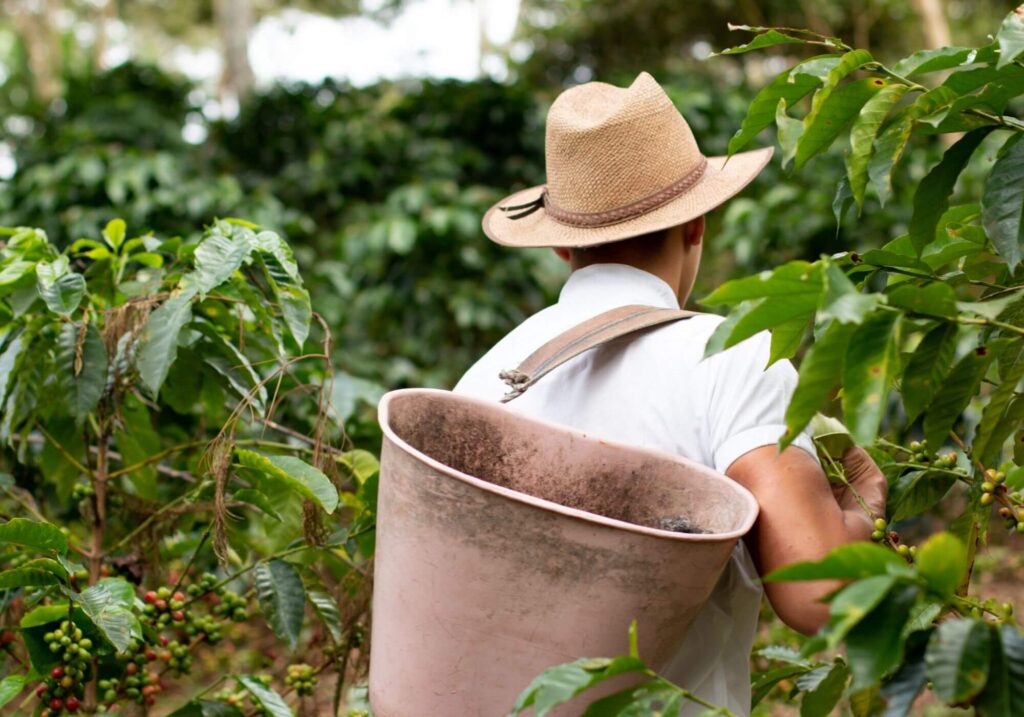

Have you ever wondered how your organic coffee travels from the farm to your cup? It’s a complex process with many steps, each of which is critical to ensuring that your coffee is not only good but also ethically sourced, fair trade, and organic.
The trip begins on modest farms throughout the world’s coffee-growing regions. Farmers here carefully produce and harvest their coffee beans, employing environmentally friendly farming practices that conserve the natural habitat. These farmers work hard to produce high-quality beans that adhere to some of the world’s strictest organic certification criteria.
Once collected, the beans are meticulously sorted and treated to remove any trash or flaws. After that, they are delivered to roasters all over the world, where they are skillfully roasted and blended to create unique and tasty mixes.
But the trip does not stop there. It’s also critical to ensure that the coffee is obtained responsibly and promotes fair trade standards. This means that the farmers who grow the coffee beans are appropriately compensated for their efforts and have access to resources and support that enable them to implement sustainable agricultural practices.
In a nutshell, the trip from farm to cup is a complex and multidimensional process that includes numerous steps ranging from sustainable farming and organic certification to fair trade procedures and ethical sourcing. By choosing sustainable coffee, you not only receive a delicious cup of coffee, but you also help to create a better future for our world and the people who make it possible.
The Importance of Fair Trade Coffee
| Benefits of Fair Trade Coffee | Benefits of Organic Coffee | Benefits of Ethically Sourced Coffee |
|---|---|---|
| – Ensures farmers get fair pricing for their coffee beans. – Supports sustainable farming practices. – Encourages community development and empowerment. | – Avoiding using synthetic pesticides and fertilizers. – Protecting the natural environment and maintaining the ecosystem. – Ensure the highest-quality coffee beans. | – Ensures that coffee beans are responsibly sourced. – Promotes social sustainability and environmental responsibility. – Promotes long-term ties between farmers and purchasers. |
“Choosing sustainable coffee means supporting fair trade, organic production practices, and ethically produced beans. It’s a simple yet effective approach to make a genuine difference in the world, one cup at a time.”
Notable Sustainable Coffee Brands
When it comes to environmentally conscious coffee, a few firms stand out for their dedication to environmentally friendly procedures and great offerings. These firms prioritize sustainability throughout the coffee-making process, working to protect the environment while producing high-quality coffee.
1. Counter Culture Coffee
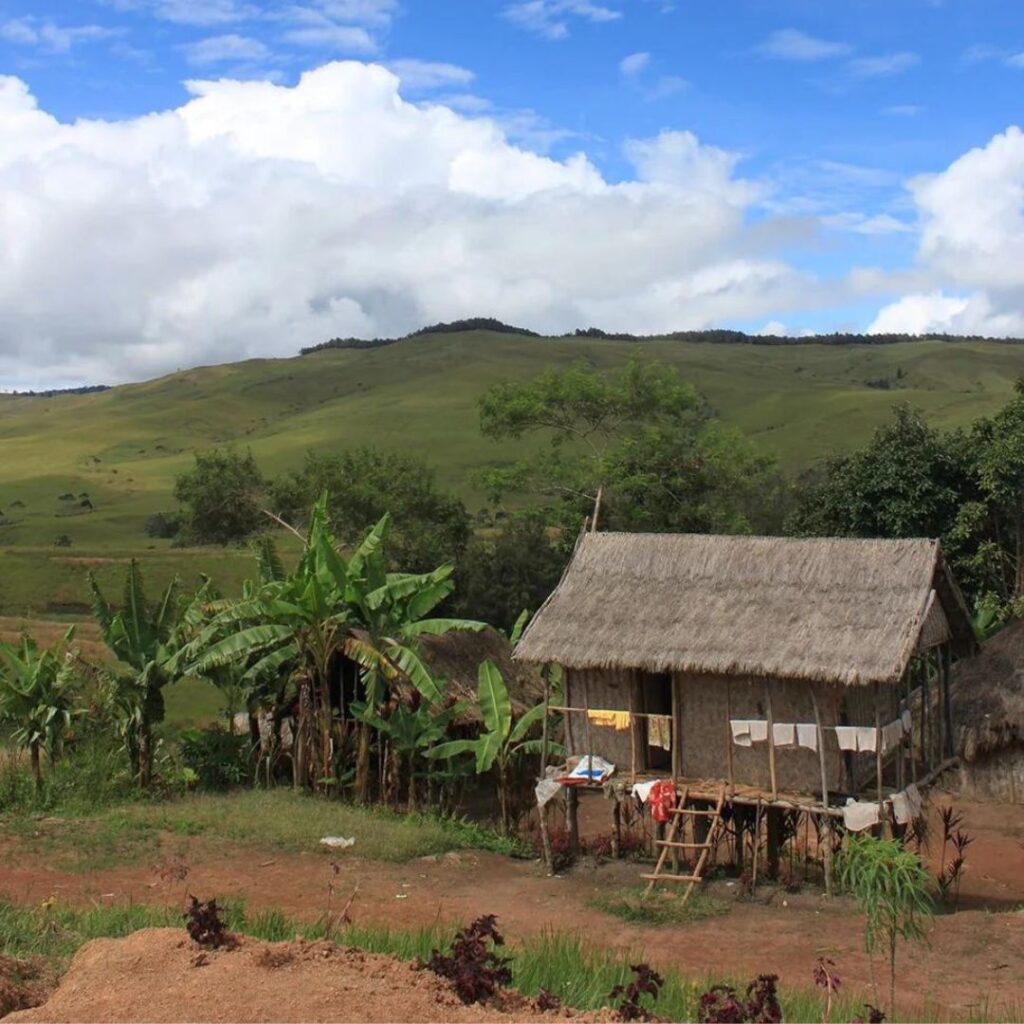



| Features | Description |
|---|---|
| Sustainability Certifications | Counter Culture Coffee is Rainforest Alliance Certified, Fair Trade Certified, and Organic Certified. |
| Coffee Offerings | Counter Culture Coffee offers a diverse selection of ethically sourced coffees from around the world, including distinctive flavors like Hologram, Apollo, and 46. |
2. Intelligentsia Coffee
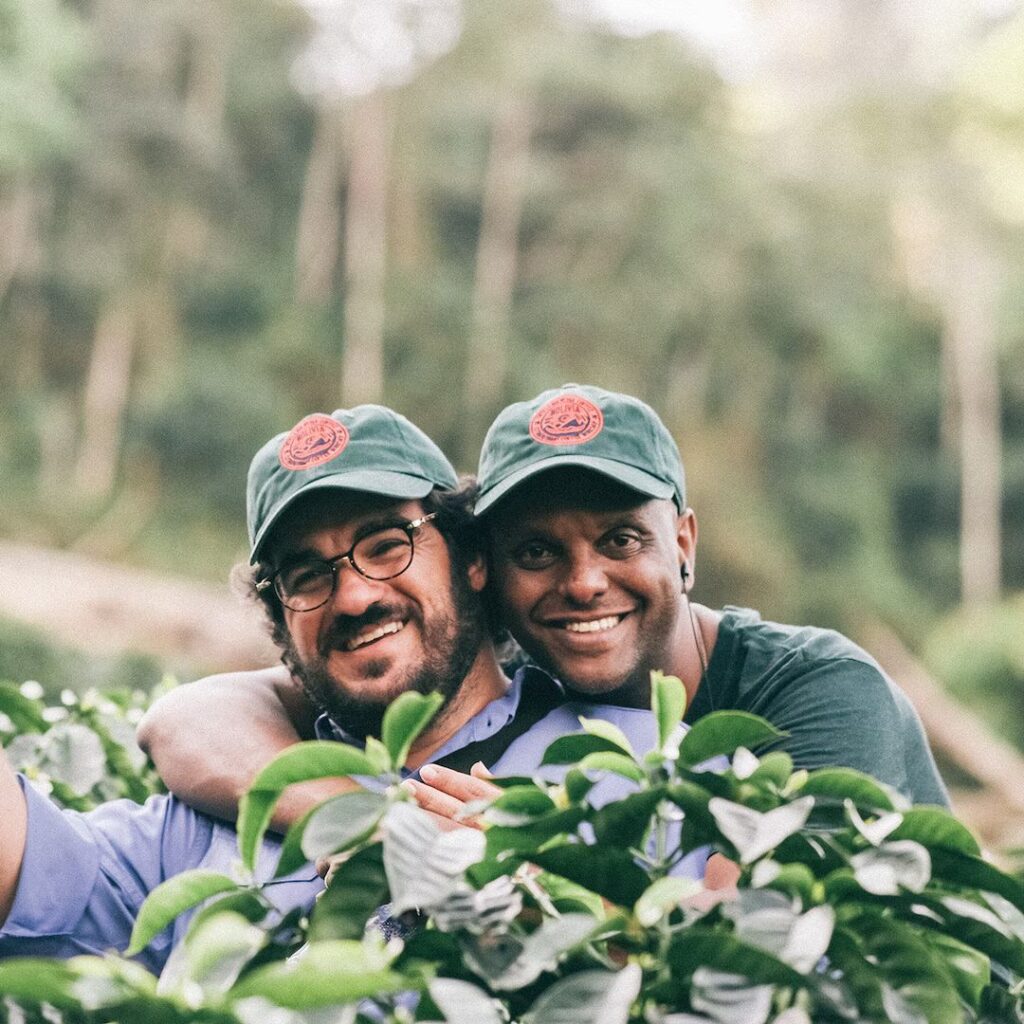

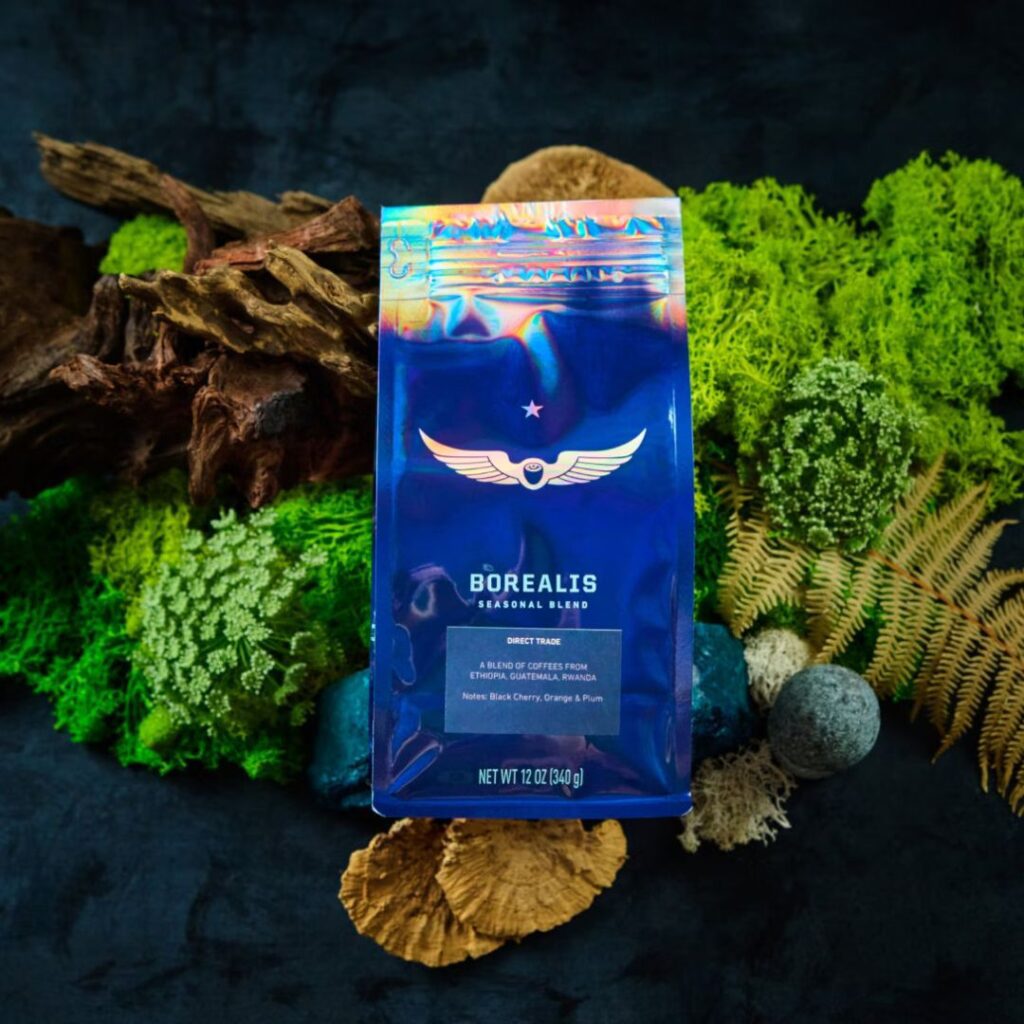

| Features | Description |
|---|---|
| Sustainability Certifications | Intelligentsia Coffee is an Organic Certified, Direct Trade Certified, and Rainforest Alliance Certified brand that collaborates closely with coffee producers to ensure high quality standards. |
| Coffee Offerings | Intelligentsia Coffee provides a number of coffee blends with distinct flavor profiles, including Black Cat Classic Espresso, Frequency Blend, and House Blend. |
3. La Colombe Coffee Roasters




| Features | Description |
|---|---|
| Sustainability Certifications | La Colombe Coffee Roasters is an Organic and Rainforest Alliance-certified business that sources coffee directly from farmers to ensure ethical and sustainable methods. |
| Coffee Offerings | La Colombe Coffee Roasters provides a variety of blends, including Corsica, Nizza, and Lyon, each with its own unique flavor profile and rich scent. |
These are just a few examples of sustainable coffee firms that prioritize environmentally responsible processes while providing high-quality coffee. Supporting these brands is a modest but significant step toward protecting the environment while enjoying wonderful coffee.
Supporting Sustainability: Making a Difference
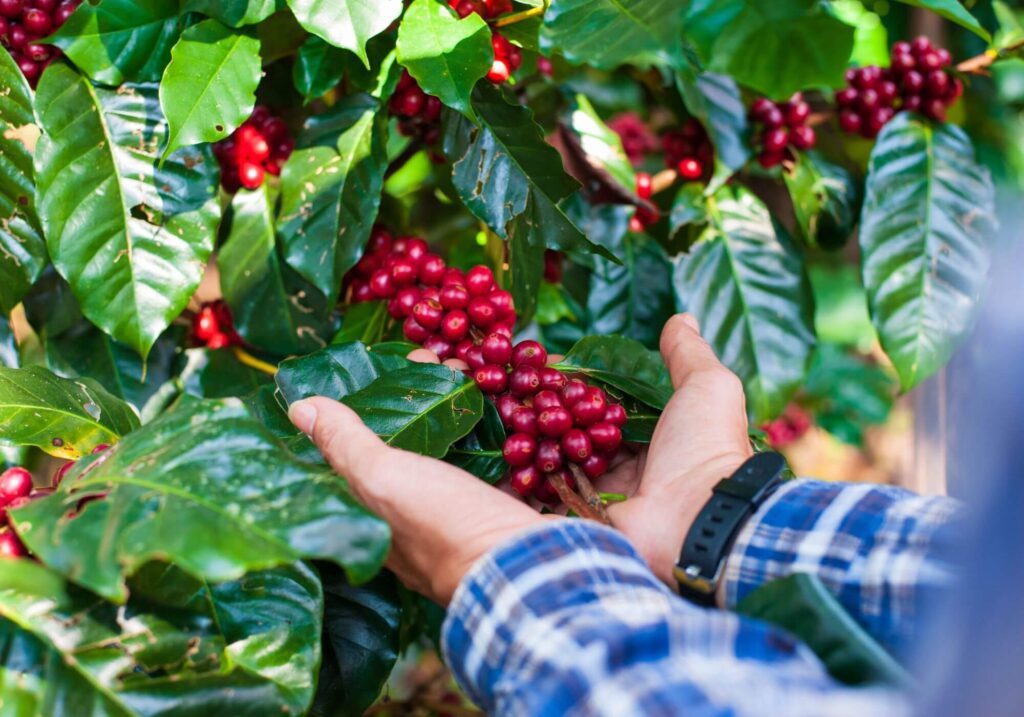

By choosing environmentally conscious coffee, you can help safeguard the environment and assist coffee farming communities across the world. Choosing eco-friendly coffee reduces the industry’s substantial environmental impact.
Furthermore, sustainable coffee guarantees that farmers receive fair compensation for their efforts and promotes social responsibility. Purchasing socially responsible coffee helps producers overcome poverty and improves the well-being of their families and communities.
| Benefits of Supporting Sustainable Coffee: |
|---|
| Protects the environment by encouraging organic farming and lowering carbon footprints. |
| Supports fair trade procedures, which ensure that farmers are adequately compensated for their labor. |
| Encourages ethical sourcing, which contributes to the well-being of communities globally. |
| Supports shade-grown coffee, which helps to save biodiversity and wildlife. |
So, the next time you purchase coffee, make a conscious decision to support sustainability. Choose socially responsible coffee to help create a better world for everyone.
FAQs


As the popularity of sustainable coffee grows, it’s normal to have questions about what it is, where to find it, and why it matters. Here are answers to frequently asked questions about eco-friendly coffee.
What does “sustainable coffee” mean?
Sustainable coffee beans are farmed using environmentally friendly procedures that do not exploit workers or hurt local communities. This may include shade-grown, organic, and fair trade coffee.
Is sustainable coffee more expensive?
Not necessarily. Some environmentally conscious coffee options may be more expensive due to certification or sourcing techniques, but there are also many affordable, eco-friendly solutions available. Furthermore, selecting sustainable coffee can save you money in the long run by lowering your environmental impact and promoting a healthier planet.
Does sustainable coffee taste different?
Not necessarily. While sustainable coffee is farmed in different ways than traditional coffee, the flavor might differ based on the type of bean, roast, and brewing technique utilized. However, many coffee drinkers think that eco-friendly brews taste even better, knowing that they are helping to create a more sustainable future.
How can I tell if coffee is sustainable?
Look for labels and certifications that demonstrate environmental and social responsibility, such as Fair Trade, Rainforest Alliance, and USDA Organic. You can also ask your local barista or coffee shop about their sourcing policies or conduct your research to discover sustainable coffee brands and possibilities.
What is shade-grown coffee?
Shade-grown coffee is grown behind a canopy of trees rather than in open fields. This contributes to biodiversity protection and natural resource conservation, as well as improving habitat for birds and wildlife. Choosing shade-grown coffee can help promote healthy ecosystems and reduce deforestation.
Why is sustainable coffee important?
Sustainable coffee is crucial because it encourages ethical and environmentally friendly practices in the coffee industry. By choosing eco-friendly brews, you can help reduce your carbon footprint, protect the environment, and promote fair trade practices that benefit farmers and communities throughout the world.
Why is sustainable coffee important?
Sustainable coffee is vital because it protects our environment and benefits coffee-growing agricultural communities. It advocates fair trade, organic cultivation, and ethical sourcing to ensure that coffee production is both environmentally and socially responsible.
What are the benefits of sustainable coffee?
Sustainable coffee has numerous benefits, including support for fair trade standards, organic agricultural methods, and ethically produced beans. It benefits the environment, encourages biodiversity, and ensures that coffee farmers are fairly compensated for their efforts.
Why is shade-grown coffee significant?
Shade-grown coffee is important because it supports biodiversity and wildlife conservation. Growing coffee under shade trees provides habitat for birds and other creatures, resulting in a better ecology.
What is the journey of sustainable coffee from farm to cup?
The journey of environmentally conscious coffee from farm to cup emphasizes fair trade procedures, organic certifications, and ethical sourcing. Coffee beans are grown in environmentally friendly conditions, gathered by farmers who are fairly compensated, and processed and roasted before reaching your cup.
Can sustainable coffee taste as good as traditional coffee?
Yes, sustainable coffee can taste just as excellent, if not better, than regular coffee. Sustainable coffee brands frequently provide a diverse selection of tasty options to coffee enthusiasts by focusing on quality and ethical sourcing.
Are sustainable coffee brands readily available?
Yes, sustainable coffee brands are widely accessible. Many companies prioritize sustainability and provide eco-friendly coffee solutions. Sustainable coffee can be found in local stores, specialized shops, and online vendors.
How does supporting sustainable coffee make a difference?
Supporting sustainable coffee benefits both the environment and coffee-agricultural communities. By selecting eco-friendly and socially responsible solutions, you can help to create a healthy planet while also ensuring a fair livelihood for coffee farmers.
Where can I find more information about sustainable coffee brands?
To learn more about sustainable coffee brands, check their websites or look up reviews and recommendations online. Furthermore, organizations such as Fairtrade International and the Rainforest Alliance offer tools and lists of certified sustainable coffee brands.
Conclusion


As I conclude this piece, I’d like to emphasize the importance of choosing sustainable coffee for a better planet. By choosing eco-friendly brews, we can support fair trade practices, organic farming, and ethically produced beans while also conserving the environment.
When selecting a coffee, check for certifications and marks indicating environmentally friendly and socially responsible practices. Also, don’t forget to sample some of the fantastic sustainable coffee brands out there!
Whether you are a coffee lover or a casual consumer, we all have the ability to make a difference. By supporting sustainable coffee, we can contribute to a better future for our world and the global community. So, raise your cups to eco-friendly brews and a sustainable future!

